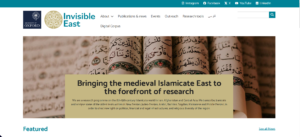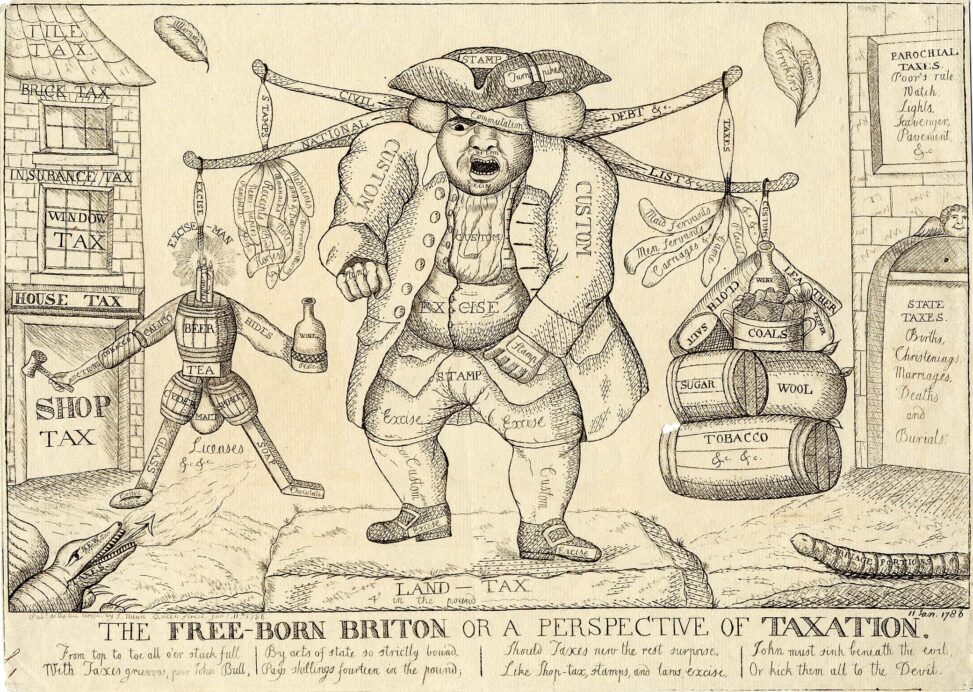In this blog post, we offer some reading recommendations selected from our Related Content section. Have a look and enjoy!
Papyrus Stories: Everyday Stories from the Ancient Past
This site, created by Jennifer Cromwell with contributions from other papyrologists, including our very own PostDoc Eline Scheerlinck, is a must-visit. I particularly recommend reading “An Angry Tax Man,” where Jenny presents a papyrus document from Michigan (P.Mich.Copt.15), a Coptic letter from Titkooh in the eighth century about taxation.
Rural Society in Medieval Islam: The Villages of the Fayyum
This website accompanies two publications: an annotated edition and translation of al-Nābulusī’s treatise Iẓhār Ṣanʿat al-Ḥayy al-Qayyūm fī Tartīb Bilād al-Fayyūm, published by Y. Rapoport and I. Shahar, and a monograph by Y. Rapoport, Rural Economy and Tribal Society in Islamic Egypt (Brepols, 2018). Within the database, you’ll find a page on Taxes and Fees detailing the taxes and fees paid, terminology, rates, and maps for thirteenth-century Fayyūm.
Embedding Conquest: Naturalising Muslim Rule in the Early Islamic Empire (600-1000)
Among the insightful posts on this site, the series “A Friend in Need” features a blog by Reza Said Huseini discussing the response of Sogdian converts to the Umayyad poll-tax: A Friend in Need… Part III: Sogdian Converts and Their Response to the Umayyad Poll-Tax (Jizya) Policy.
Invisible East Project
The rich website of the Invisible East project not only offers access to a digital corpus containing fiscal documents, but also includes blogs like “Rural Administration, Society and Economy in the Bamiyan Area: The Story Told by the Barāt Documents in the Bamiyan Papers” (Parts 1 and 2). Arezou Azad presents an analysis of receipts that illuminate rural administration in the Bamiyan area during the twelfth and thirteenth centuries CE.

Screenshot of Invisible East’s Website Homepage
SCORE Lecture Series Recordings
Do not miss the recordings of the SCORE Lecture Series, many of which address aspects of taxation. You can find the recording of the presentation I (Noëmie Lucas) gave in November 2022: “When the Arabs Refused to Pay Taxes: The Egyptian Delta Between Revolt and Allegiance in the Abbasid Period.” For comparative perspectives, watch Angela de Benedictis (U. of Bologna) present “Subjects vs. Rulers: The Long History of Taxation and Rebellion in Two German Treatises of the 17th Century.”
Reflective Reads

Screenshot of Everyday Orientalism’s blog. Banner for the post: Decolonizing the Troubled Archive of Egyptian Papyri by Usama gad https://everydayorientalism.wordpress.com/2019/08/05/decolonizing-papyrology/
If you wish to reflect on the use of papyrus documents and how history and power shape societal definitions through the ‘Other,’ we warmly invite you to explore Everyday Orientalism.
Finally, take a step aside to explore the website “The Anthropology of Tax Network,” which offers announcements and resources, including open-access publications.
Banner Image: William Dent, The Free-Born Briton or a Perspective of Taxation, 1786. BM sat. 6914 © The Trustees of the British Museum. Shared under a Creative Commons Attribution-NonCommercial-ShareAlike 4.0 International (CC BY-NC-SA 4.0) licence.




Leave a Reply